Barely six days after the eleventh anniversary of the Fukushima nuclear disaster, the world’s population held its breath on Wednesday when a 7.3 magnitude earthquake shook this Japanese region and triggered the activation of the tsunami warning. Both the Japanese and the citizens of much of the planet have relived the fears of 2011, which have not materialized, although some atomic power plants have recorded some anomalies.
The earthquake occurred at 23.36 local time on Wednesday, off the coast of Fukushima and Miyagi and at a depth of 60 kilometers, as reported by the Japan Meteorological Agency (JMA), which has warned of a possible tsunami on the coast with waves up to one meter high. For its part, the US National Oceanic and Atmospheric Administration (NOAA) has also activated the alert, although it has eliminated it shortly afterwards.
As for casualties, initial assessments by local governments point to 13 people injured in various quake-related accidents and one death in the town of Soma in Fukushima, where many people have gone to hospital after the quake, according to the Japanese news agency Kyodo.
Tsunami threat in Fukushima! Powerful M7.3 earthquake in Japan https://t.co/td14gyCfsv via @YouTube
— taxineil3 (@taxineil3) March 16, 2022
The tremor, preceded by another of lesser intensity, caused a small tsunami of 20 centimeters in the port of Ishinomaki at 00.30 hours, according to the Kyodo agency and the public broadcaster NHK, which reported information from Miyagi Prefecture.
However, one of the most worrying consequences has been those recorded at the two Fukushima nuclear power plants, Daiichi (Fukushima I) and Daini (Fukushima II). At the former, where the 2011 tragedy occurred, a fire alarm went off in the reactor 5 building without any fire. The second, suffered a failure in the cooling system that affected the pools where atomic fuel used in the plant is stored.
However, no increases in radioactivity have been detected so far at the plants or in their vicinity following these incidents, the Japanese nuclear regulator told state broadcaster NHK. Prime Minister Fumio Kishida said that “no significant irregularities” had been detected at the plants.
In addition, the earthquake has caused power outages affecting some two million households, 700,000 of them in the capital, and serious disruptions to rail transport throughout the country. Among them, there was the derailment of a bullet train bound for Tokyo with a hundred passengers on board, which ended without serious injuries, according to the operating company JR East.
-Thailand News (TN)





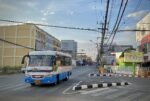



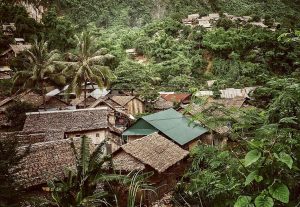


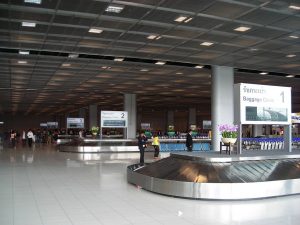
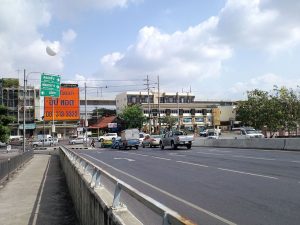
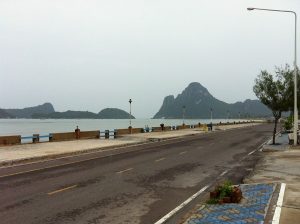


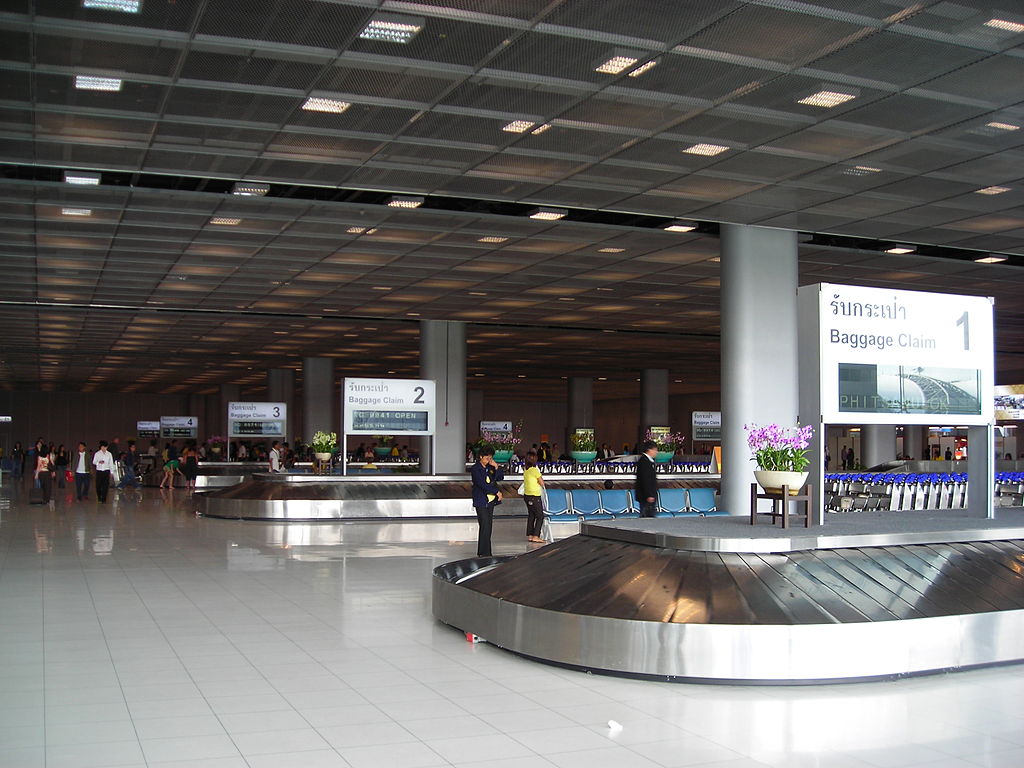
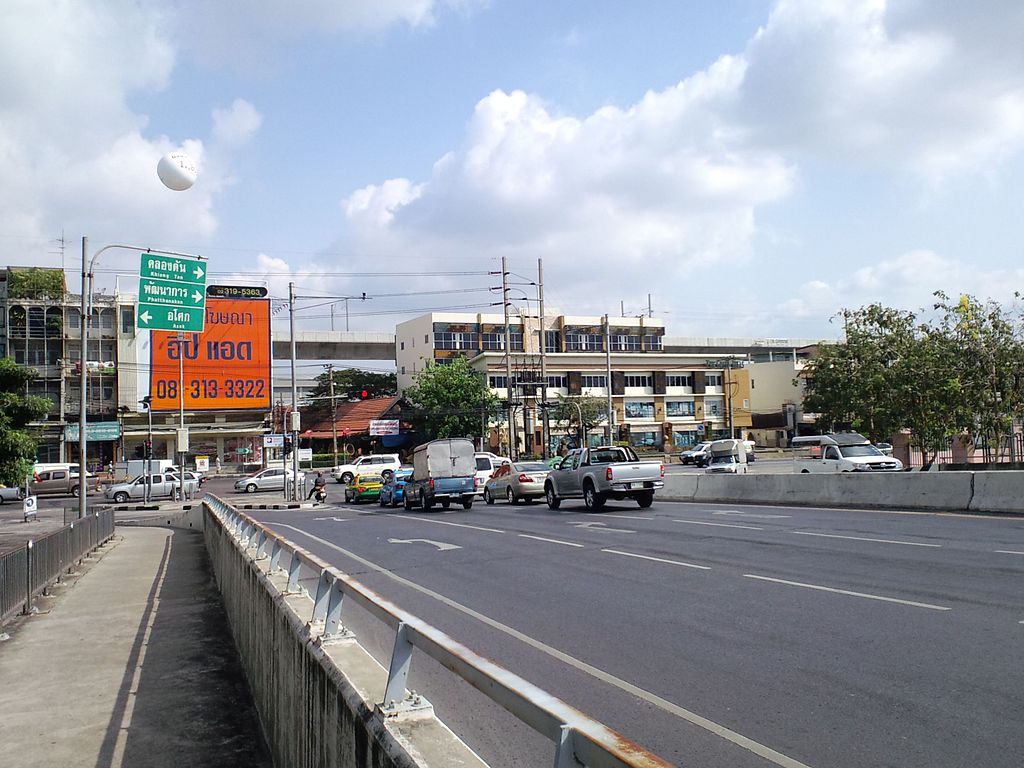

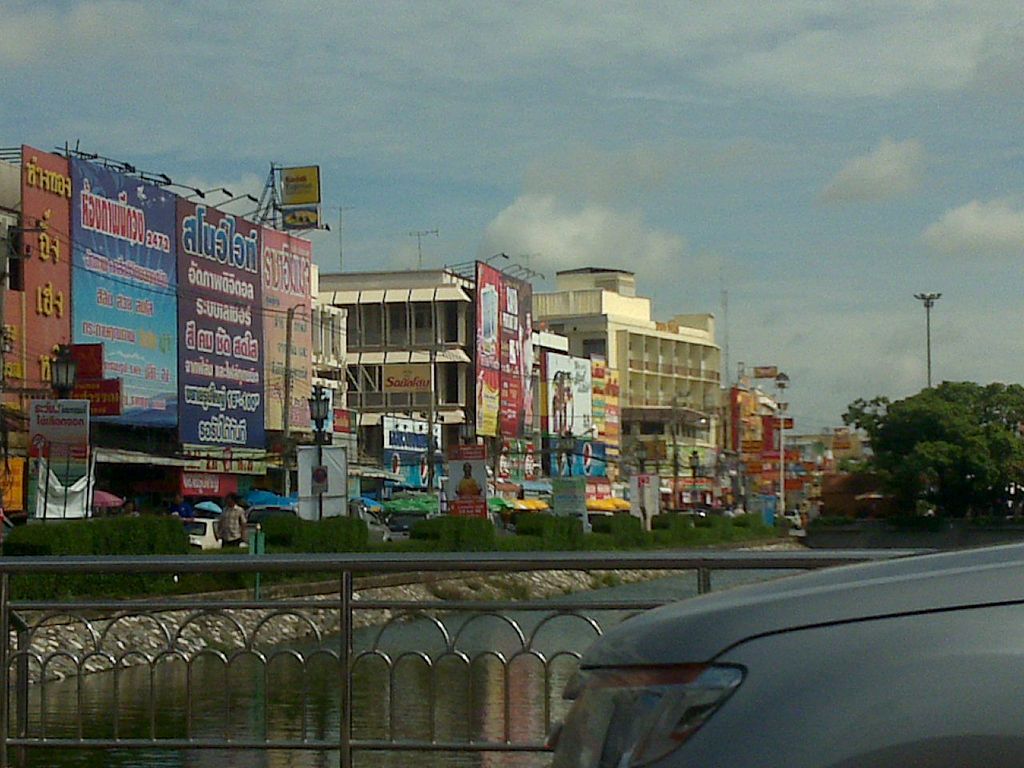

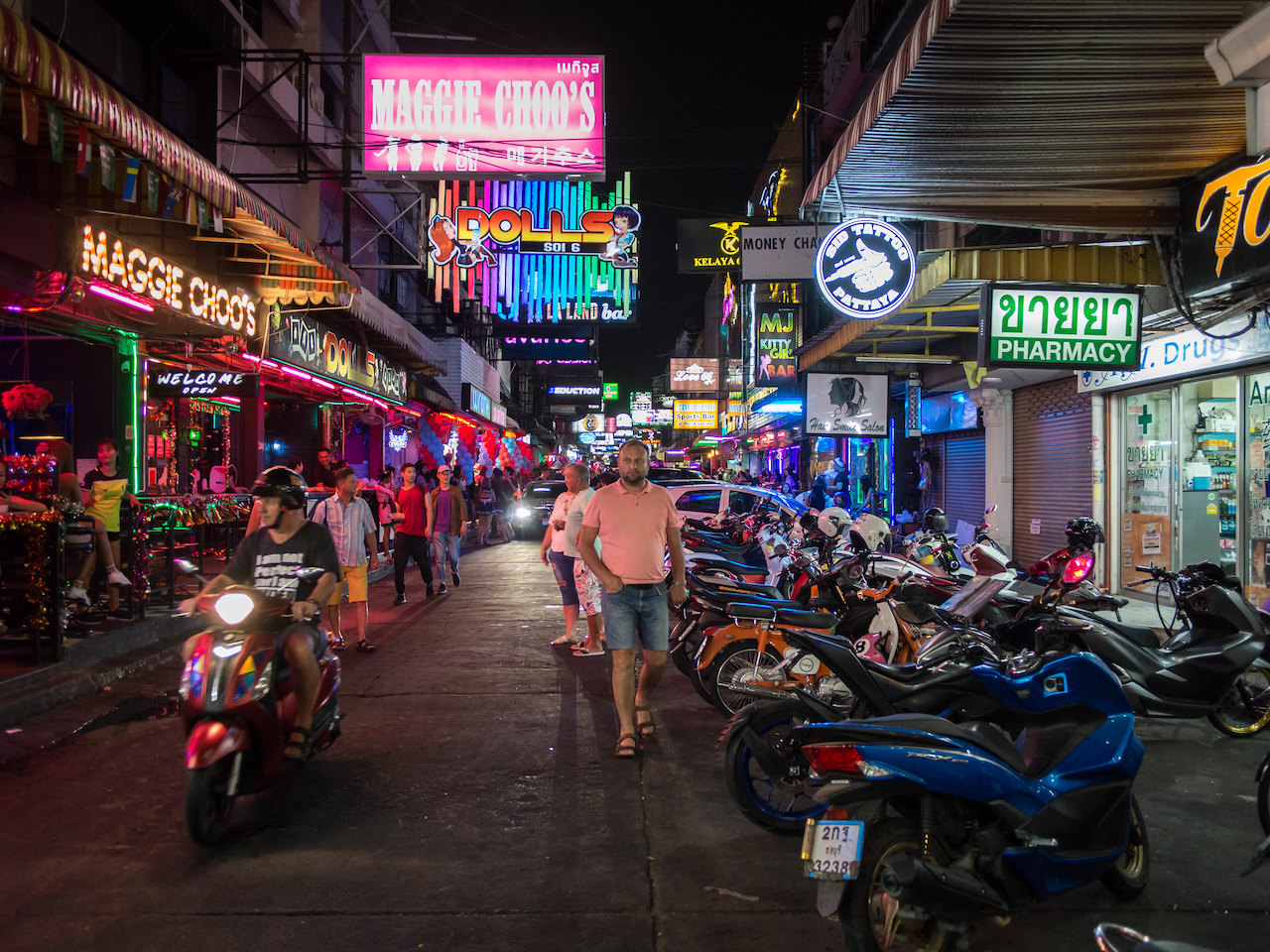
+ There are no comments
Add yours